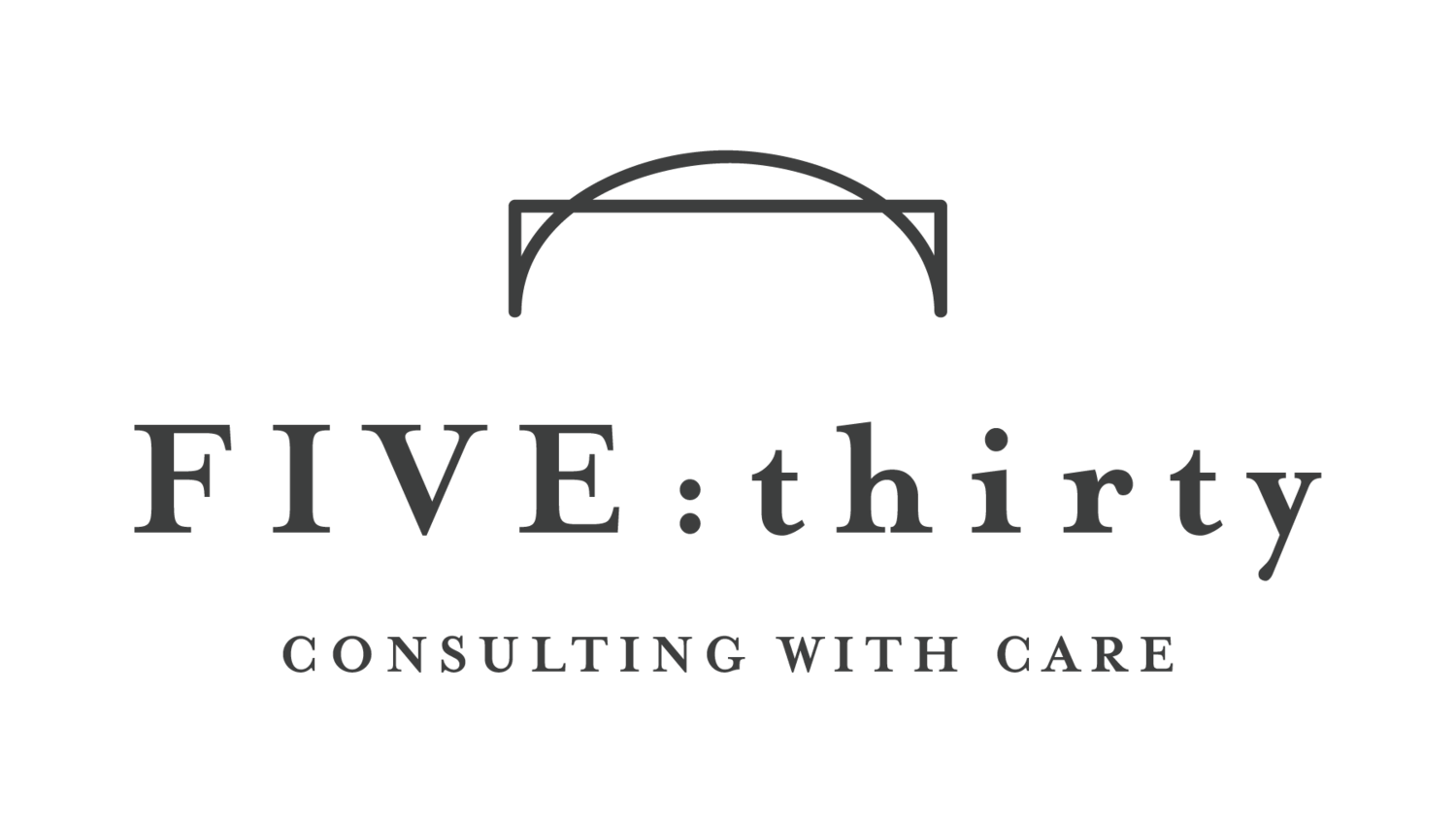How To Argue (like a professional)
/If you're a business owner, you know that conflict isn't a matter of "if", but the certainty of "when". Unless you've somehow launched a company where you never have to speak to people, it's very likely that at some point in your company or practice, you'll deal with a disagreement of some variety. We're not HR experts, but dealing with people in business for a number of years will certainly lend itself to an education in the 'people problems' field. We've outlined some of those lessons for effective communication when there's conflict (aka- How To Argue Like A Professional):
Remember the goal.
Thinking about what you really want to achieve is usually the first place you should start when things get heated. This is also the hardest part in many cases, so if you're starting with a level head, you're bound to end up with a better result. Often in disputes, our emotions begin to take over, and our brains tend to take a back seat (just when we need that reason/logic the most)! If you find yourself dealing with a rude client, or a subcontractor who made a costly mistake, chances are if you aim to stay focused on the result you really want at the outcome you'll be more effective at communicating reasonably.
Avoid accusatory language.
Instead of saying things to a person (who may even deserve the blame) in an accusatory way, strive to use statements that stick to the facts. Instead of saying, "You forgot to pay invoices, and now all our subs are mad at us and might quit.", try naming only facts; something along the lines of "Invoices weren't completed on time. Several of the subs contacted us.". Instead of pointing the finger at someone, try posing as many facts as possible. If you can't point to a certain action or consequence, try a "feeling phrase". Instead of accusing something you can't say for certain like, "You're not taking this seriously", try referencing what you notice with a feeling phrase, such as "I feel as though you're not taking this project very seriously." If your line of work wouldn't consider feeling phrases appropriate, try stating facts with phrases like "I noticed these project responsibilities have been consistently behind schedule.".
Be curious.
Sometimes the key to dealing with a dispute or argument well is to ask more questions than may be necessary. Along with avoiding accusatory language, coupling open questions can often lead to the real problem in many tense situations. For example, "I feel like we're falling behind on our deadline. Can you help me understand what might be holding us up?", would be a much better way to phrase, "You're project is going to be done behind the due date. Why haven't you gotten this done yet?". Asking open questions may help people feel comfortable enough with you to tell you what's really going on, allowing you to get to the bottom of the problem more quickly.
Don't add meaning.
Often when something goes wrong, we create a little story in our minds to go with the instance. If Bill didn't simply forget to give you his analysis, but instead he was out to sabotage you in front of the client, suddenly you're argument will take on a whole different set of motives. When something hasn't worked out as planned, resist the urge to insert a story or secondary meaning to whatever happened. It's more likely that an honest mistake was made, or some kind of miscommunication happened. If you approach every situation with zero meaning or refuse to add a meaning to someone's actions, you're whole conversation will likely be much more effective.
bite-sized food for thought:
Find neutral ground. If you're dealing with something particularly touchy, you might want to find a location that isn't personal for either of you.
Timing is everything. When you're stark raving mad, don't start the conversation. Also, don't wait so long after an event to bring it up that you're holding a grudge.
Do your best. Nobody is perfect at communication 100% of the time. Cut yourself some slack when you mess up, and apologize when you need to.
We understand these scenarios are much easier to read about when you're calm, cool, and collected. In the midst of a situation where you're emotions are running high and you're satisfaction is low, it's easy to forget your real goals, point the blame, and cause more hard feelings. The more we practice, the better we get at dealing with conflict.
The first part to avoiding these kinds of conversations? Make sure you're working with teams that are #ConsultingWithCare!


















